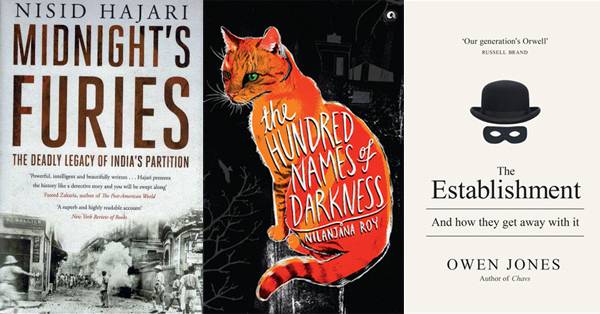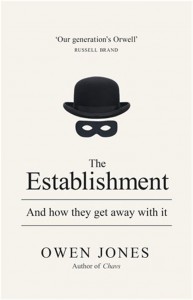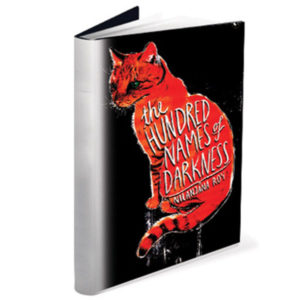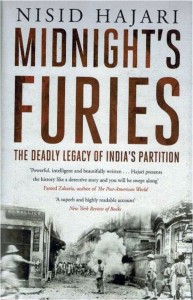
EDITOR’S PICK
The Establishment: And How They Get Away With It

Owen Jones
Allen Lane [hardback], 2014
PRs 1,595
Behind Britain’s democracy lurks a powerful but unaccountable network of people who wield massive power and reap huge profits in the process. In exposing this shadowy and complex system, Owen Jones sets out on a journey into the heart of the British Establishment, from the lobbies of Westminster to the newsrooms, boardrooms and trading rooms of Fleet Street and the City.
xposing the revolving doors that link these worlds and the vested interests that bind them together, Jones shows how, in claiming to work on people’s behalf, those at the top are doing precisely the opposite. In fact, they represent the biggest threat to the UK’s democracy today – and it is time they were challenged.
What people are saying: “A book of revelations... The last time the British Establishment was so intertwined, so arrogant and so powerful was a century ago, and the last democratic revolution that redistributed wealth took a lifetime to play out” (Times Higher Education Supplement).
The Hundred Names of Darkness

Nilanjana Roy
Aleph Book Company [hardback], 2013
PRs 995
With the assistance of a motley group of friends – Doginder, a friendly stray; Hatch, a cheel who is afraid of the sky; Thomas Mor, an affable peacock, Jethro Tail, the mouse who roared; and the legendary Senders of Delhi – Mara and her band set out on an epic journey to find a place where they can live free from danger.
With all the brilliance and originality of its predecessor The Wildings, The Hundred Names of Darkness brings the story of Mara and the enormously appealing caps of Nizamuddin to a breathtaking conclusion.
Midnight’s Furies: The Deadly Legacy of India’s Partition

Nisid Hajari
Penguin Books [hardback], 2015
PRs 1,195
A few bloody months in South Asia during the summer of 1947 explain the world that troubles us today.
Nobody expected the liberation of India and the birth of Pakistan to be so bloody – it was supposed to be an answer to the dreams of Muslims and Hindus who had been ruled by the British for centuries. Jawaharlal Nehru, Gandhi’s protégé and the political leader of India, believed Indians were an inherently nonviolent, peaceful people. Pakistan’s founder, Mohammad Ali Jinnah, was a secular lawyer, not a firebrand. But in August 1946, exactly a year before Independence, Calcutta erupted in street-gang fighting. A cycle of riots – targeting Hindus, then Muslims, then Sikhs – spiraled out of control.
As the summer of 1947 approached, all three groups were heavily armed and on edge, and the British rushed to leave. Hell let loose. Trains carried Muslims west and Hindus east to their slaughter. Some of the most brutal and widespread ethnic cleansing in modern history erupted on both sides of the new border, searing a divide between India and Pakistan that remains a root cause of many evils. From jihadi terrorism to nuclear proliferation, the searing tale told in Midnight’s Furies explains all too many of the headlines we read today.
What people are saying: “Nisid Hajari brings new research, deep involvement, and a keen intelligence to write a history that brings so many people to life and will have you sitting on the edge of your seat. Today, with Pakistan facing unprecedented extremist violence and a hardline right-wing government in New Delhi that wants no dialogue with Islamabad, we could be on the brink of more furies being unleashed. A must read” (Ahmed Rashid, author of Pakistan on the Brink and Taliban).

